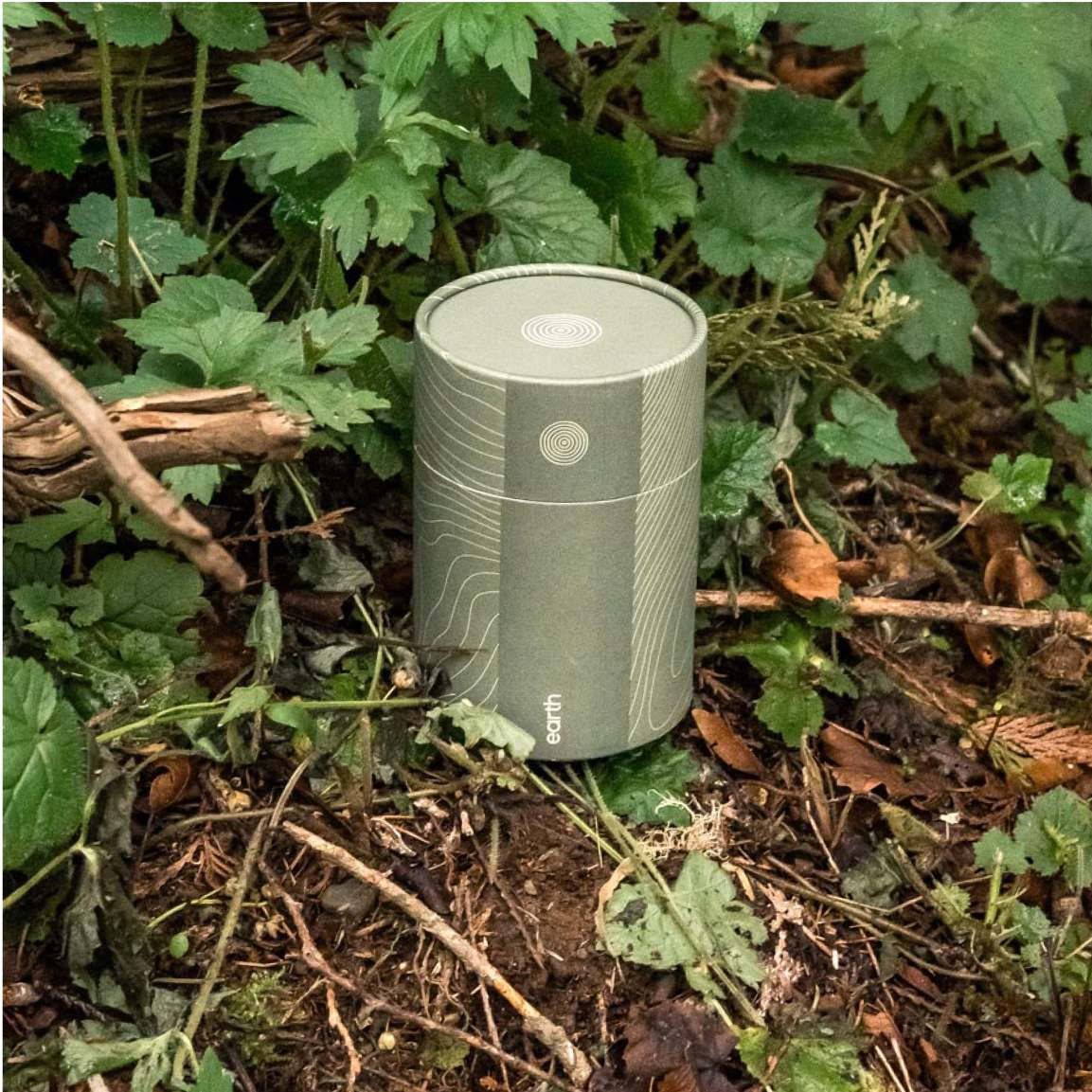
End Of Life Logistics
|
April 15, 2022
The processing of a body after death is known as disposition’. In the US, disposition processes are strictly regulated. In every state there are rules that determine who has the right to control the disposition, as well as who has duties and liabilities in that regard.
Paying for disposition services does not alone give that person the right to authorize the disposition. That person must either be the designated agent or next of kin of the person who has passed.
This article looks at the rules that apply in Washington (RCW 68.50.160), explaining who can authorize a disposition in different situations.
The Decedent’s Authority
A person can authorize their own future disposition during their lifetime. This requires a valid written document that specifies the place or method of disposition and names an agent to carry out the instructions.
Alternatively authorization is given through the making and paying of pre-arrangements during the individual’s end-of-life planning.
In both of these cases, the decedent’s authority supersedes the rights of any next of kin.
Next Of Kin
If someone dies without legally binding pre-arrangements in place, it is the next of kin who are responsible for making disposition arrangements. There is a specific order of authority that must be worked through to make sure the correct individuals are identified.
What Is Next Of Kin?
In short, next of kin refers to a person's closest living relative(s). It is a legal term and the exact meaning varies by state.

The next of kin are significant when it comes to end-of-life logistics, because if there are no pre-arrangements or valid written documents they are the ones to give directions as to how a body will be disposed of. They are also prioritized in inheritance terms and they form part of the process of notifying a family of an individual's death.
In Washington the order of authority is laid out in RCW 68.50.160. In instances where the next of kin is a group of people rather than an individual, a majority of that group will need to take on the responsibilities.
Washington’s Order Of Authority
The following list establishes who is the next of kin. Starting at the top of the list and working down, the next of kin is the first individual or group of individuals to meet one of the descriptions.
- The surviving spouse or state registered domestic partner of the decedent
- The majority of the surviving adult children of the decedent
- The surviving parents of the decedent
- The majority of the surviving siblings of the decedent
- A court-appointed guardian for the person at the time of the person's death
Other Situations
There are two situations where someone other than the decedent or their next of kin has the right to authorize the disposition.
The first is where someone has died while serving in military service. In this situation there will be someone designated as having authority to direct disposition. This information will be listed on the decedent’s US department of defense record of emergency data.

The second situation is where a designated agent is identified in a written document which is signed and dated by the decedent in the presence of a witness.
{{CTA}}
Explore
At Earth our care team helps guide families through the soil transformation process. This includes helping to establish who has the authority to complete arrangements with us.
If you are thinking about end-of-life plans, whether for a future or immediate need, you can explore our resources and read about our services.





















